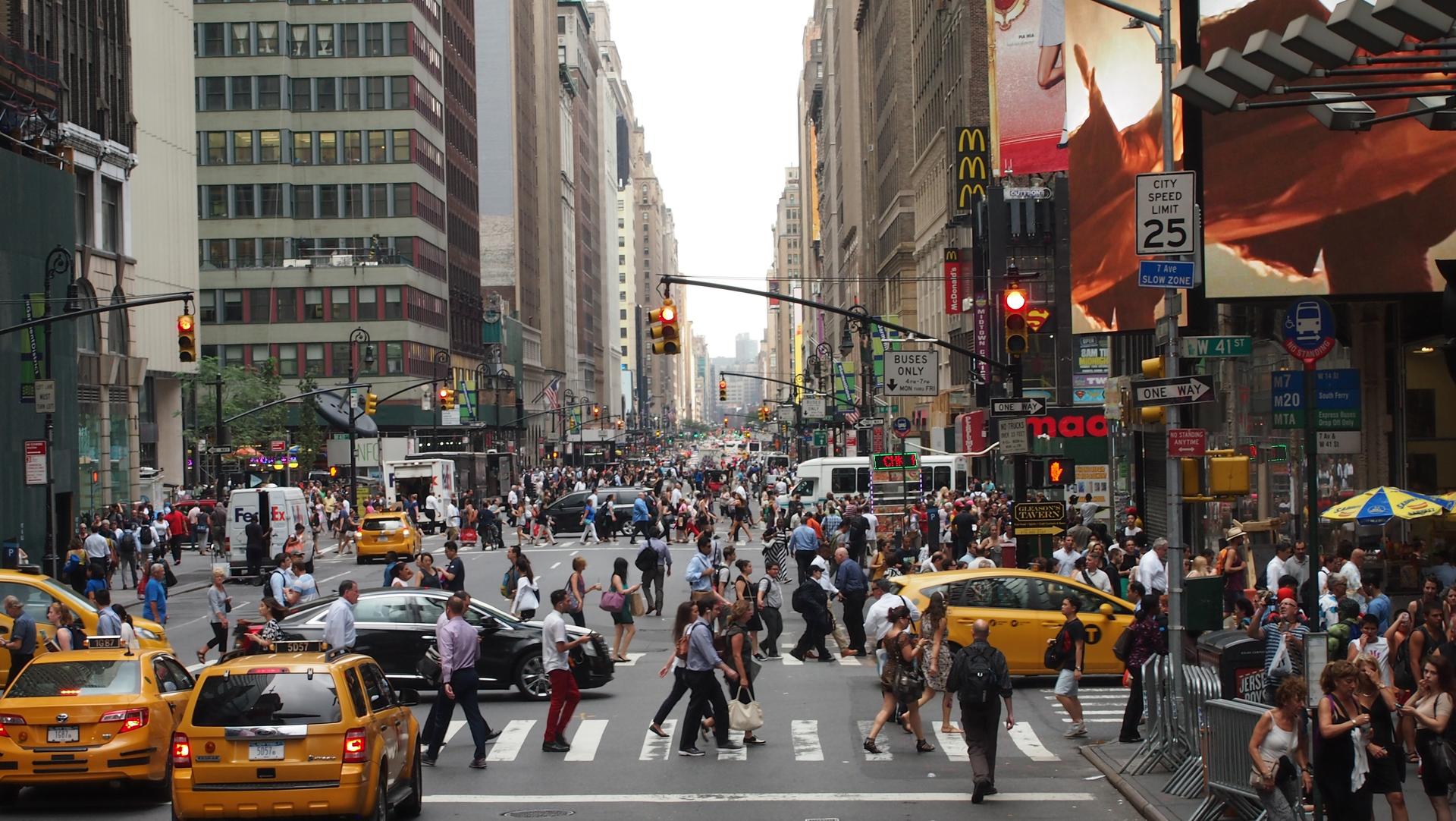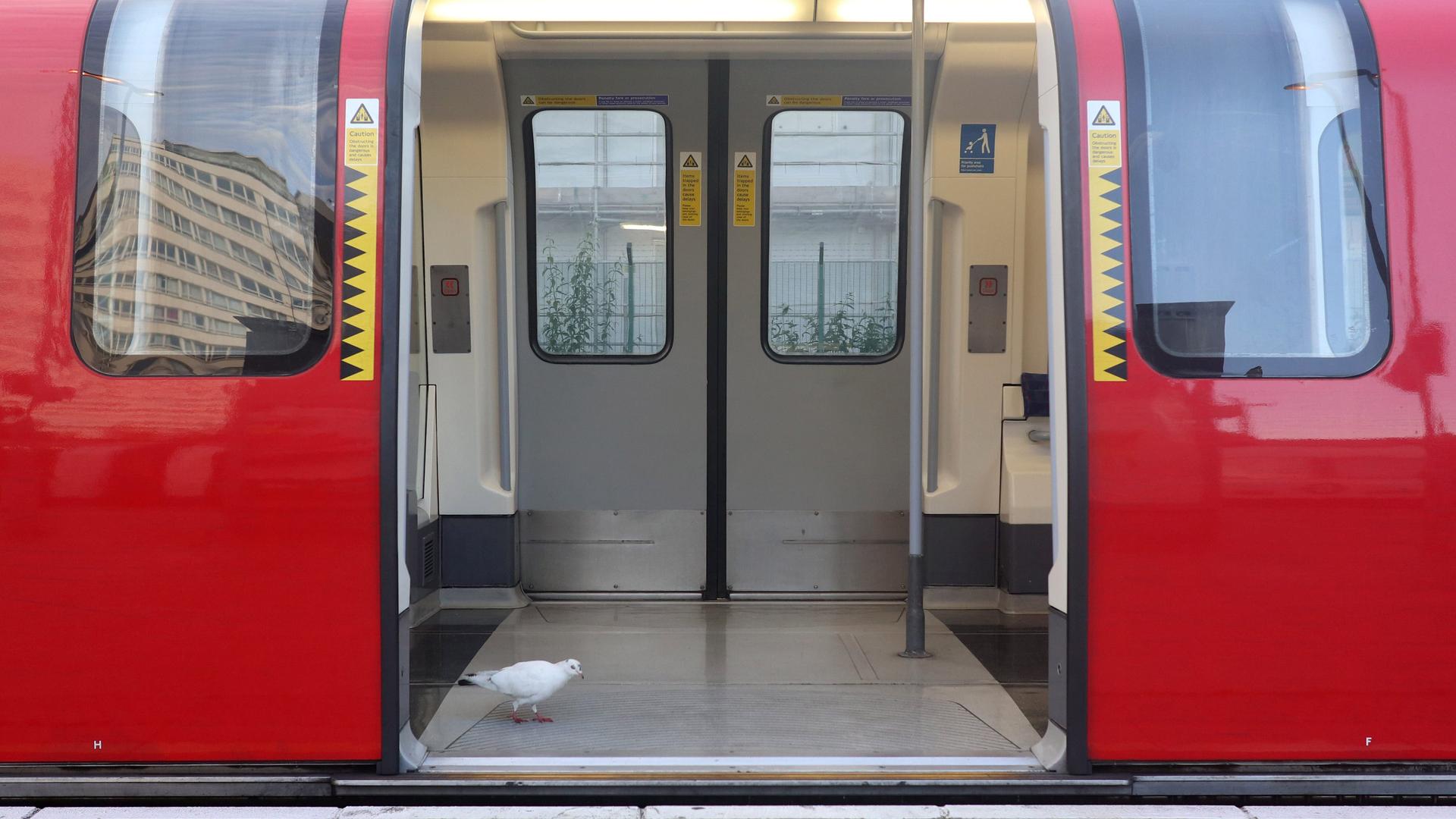Transportation planning
Boston’s mass transit system burdened by debt and increased ridership
A flawed highway construction project has put the Massachusetts Bay Transport Authority nearly $9 billion in debt. The costly project forced MBTA officials to answer two fundamental questions about their 100-year-old system: Who benefits from it and ultimately, who should pay for it?
Prospering Public Transportation
Despite robust and rising ridership, many transit systems around the country are deeply mired debt, and Boston’s MBTA is a prime example. But there is a way out, according to Christopher Leinberger, a developer and professor at George Washington University. He has a plan called “value capture” that would use transit-related real estate profits to solve the MBTA’s fiscal problems and reduce Boston’s carbon footprint to boot.


